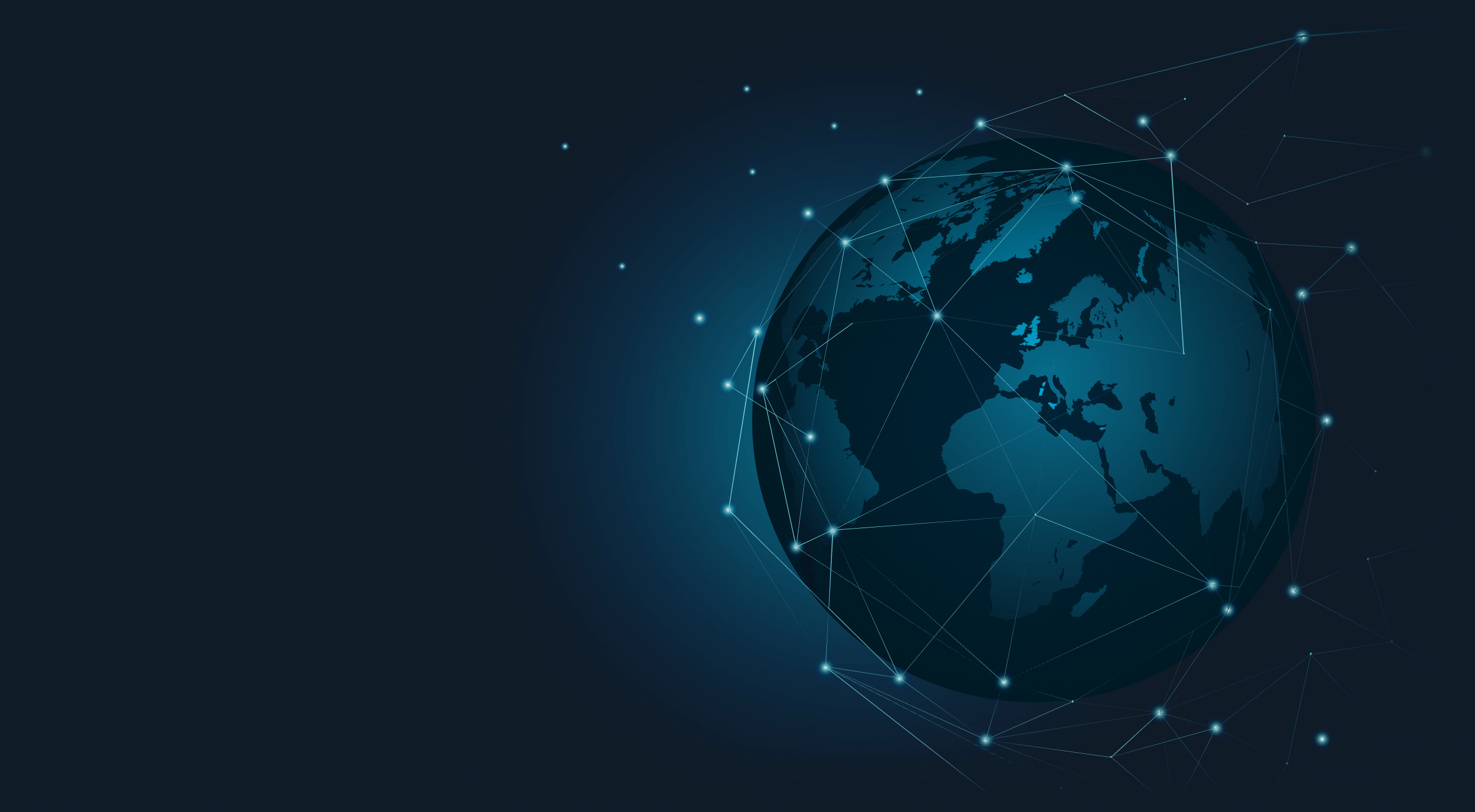CLOUDY podcast |#07 AI in education and learning
- News

Who does AI help the most? Students or teachers?
I would say it's half and half. The problem is who can abuse it more. And sometimes it's to the detriment of their future.
Can the use of AI also have a negative impact on the student?
Certainly yes, but the problem will be more in the context of critical thinking. If we focused on where problems need to be actively solved and it's not something monotonous, but where the person has to really think critically and make decisions in some real time.
But on the contrary, for example, in the context of homework, I would accept the use of some artificial intelligence tools to make the curriculum easier to explain or for the system to adapt directly to the level of the student, at what pace he can understand it and how he can learn it faster and more effectively.
AI is not yet perfect and generates errors. Should AI sources be checked?
Yes, it is, but more widespread systems are already being introduced within chatbots, called RAG (Retrieval-augmented generation), meaning that what the chatbot "cooks" from must be supported by something.
What benefits does AI have for teachers?
I can adapt study materials. I have some scripts as a university teacher that I have to follow. The problem is that someone enjoys the subject, someone knows the subject, another wants to learn it, but is not that fast, for example. AI could help me adapt study material or tools individually for a given person, adjust the pace or complexity of the tasks.
What about citations in papers now? Can I consider it my information when I generate something with AI?
Certainly not. There are guidelines for how to use it, and those chatbots also give references and citations. You just have to be careful of "hallucinations". Sometimes a chatbot will invent a publication, and of course there are problems with that. It's not the most ethical way, but if a person defends it and understands what they write there, then in that case I would still accept it. But it still has to be verified at the defense. The student has to prove that he knows and understands what he wrote in the paper. And he should first of all admit that he also used AI.
Of course, it's very easy to find out if the person did it, just two or three "more insidious" questions that check if he understands it.
How can a teacher find out if a student used artificial intelligence for work?
There are tools that can detect this. There are tools that universities pay for to be ahead of those students. But the easiest way is to test the student.
It's also about how much the students have won with it. If they understand the content and know how to work with it, then it's fine. The problem is that they usually mechanically upload a PDF to a chatbot and generate something. And when 120 people do it, the papers look the same. The system evaluates the use and we have plagiarism, plagiarism, plagiarism... Since there is academic integrity, some kind of strike for the student follows and they go to the disciplinary committee, where the punishment is determined according to the severity.
Is there any training for teachers on how to watch out for such tricks from students?
Officially, it doesn't exist in Slovakia yet, which is a shame. Unless the school organizes it itself, I don't know that the training would be widely used.
Who do you think AI is most beneficial for? Students or teachers?
Definitely students. Students are lazy but creative creatures. :) So I can try to limit the misuse of AI somehow and they will still figure it out. However, later in practice, when they don't understand what they are actually doing, it can backfire on them.
Can you imagine AI replacing teachers?
No. AI will not replace the teacher as such. On the one hand, there will be regulations within the EU for this, but on the other hand, the transformation of the teacher will also be necessary.
At the end of the day, AI is still just a tool that is supposed to serve us. So it is a good servant, but a bad master.
Try to give teachers 3 tips that would help them improve their functioning with AI?
Keep up with current trends, listen to feedback from students and perhaps adapt the subject and not pressure everyone exactly the same - adapt the study individually.
You can listen to the entire podcast on SPOTIFY or watch it on YouTube.


